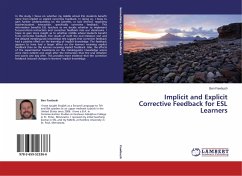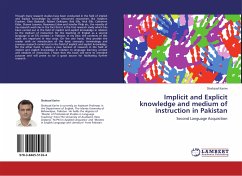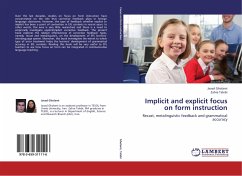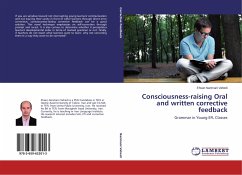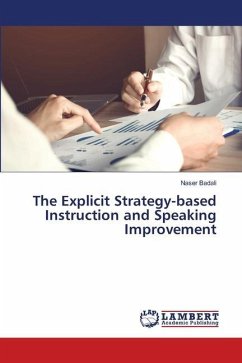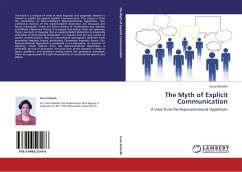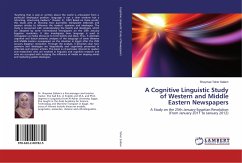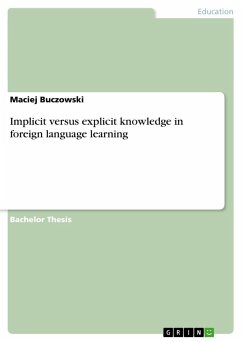In this study, I focus on whether my middle school ESL students benefit more from implicit or explicit corrective feedback. In doing so, I hope to gain further understanding on the benefits, or lack thereof, regarding teacher/student interaction, specifically corrective feedback. This information benefits ESL teachers as we decide whether to implement focus-on-form instruction and corrective feedback into our classrooms. I hope to gain more insight as to whether middle school students benefit from corrective feedback. The results of both the oral imitation test and the delayed metalinguistic knowledge test suggest that corrective feedback had a positive effect on the learning of implicit knowledge. The feedback appears to have had a larger effect on the learners receiving explicit feedback than on the learners receiving implicit feedback. Also, the effects of the experimental treatments on the metalinguistic knowledge scores were more evident one week after the instruction than the oral imitation test scores one day after. This provides more evidence that the corrective feedback induced changes in learners' implicit knowledge.
Bitte wählen Sie Ihr Anliegen aus.
Rechnungen
Retourenschein anfordern
Bestellstatus
Storno

